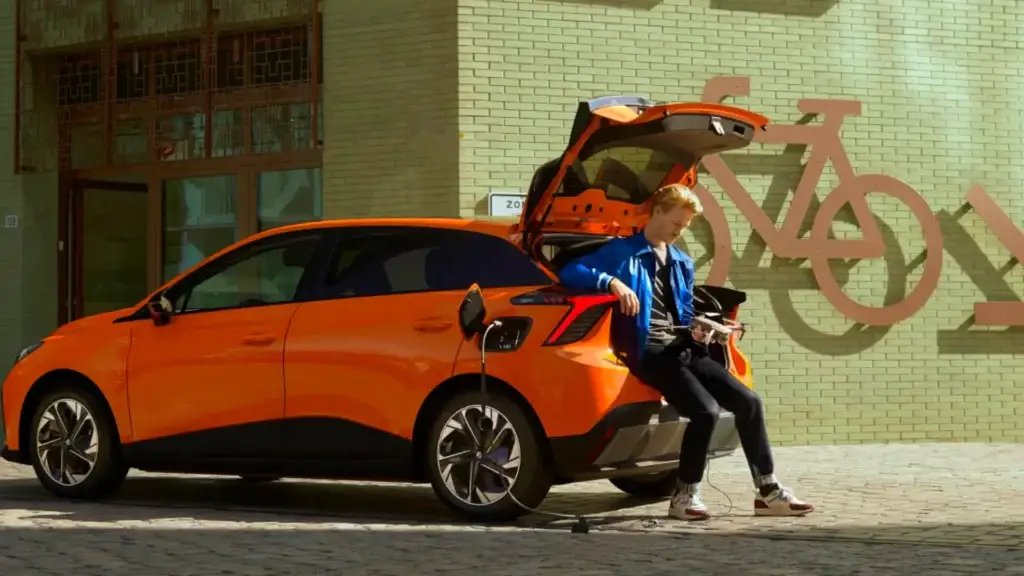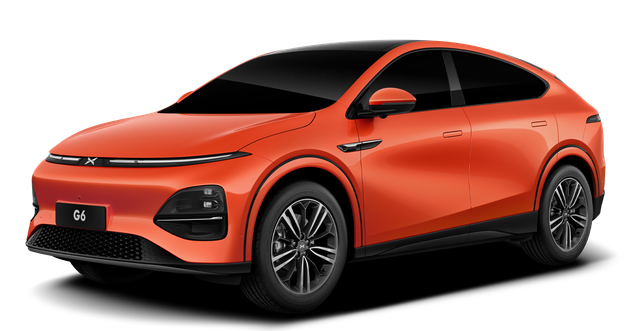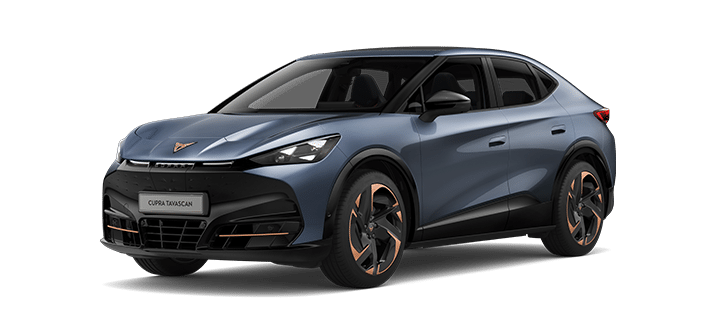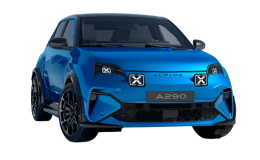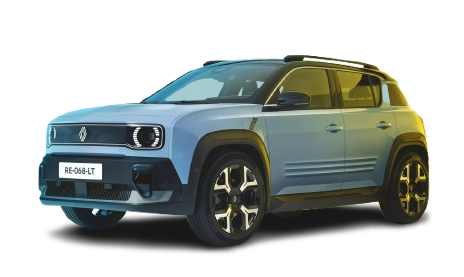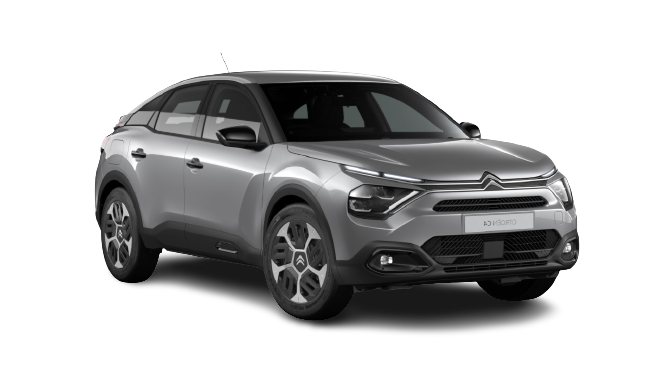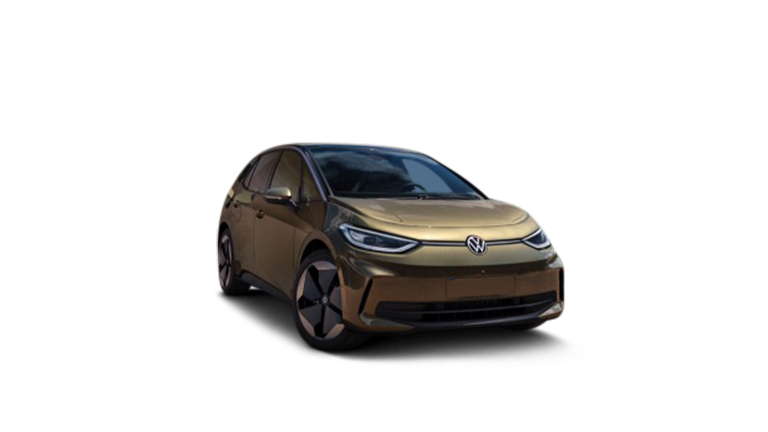Savings in use
Whether it's a new or used vehicle, the choice of the French has always been dictated by budget. The question of budget and the savings to be made is an essential point to take into account.
Electric vs. combustion vehicles: purchase price
An electric vehicle meeting the same criteria (model, category and range) costs more to buy than a combustion-powered vehicle. When analyzing the price of an electric vehicle, there are several reasons for the extra cost:
- Economical in the long term: The price of an electric vehicle is determined by the cost of the battery, which accounts for a third of the price, and by the savings passed on to the final cost of the electric vehicle: assistance, maintenance, insurance and recharging.
- Research & development: electric vehicles have been on the market for a number of years, but the electric car remains an ongoing technological innovation. Manufacturers are investing heavily in the development of electric vehicles, and production costs are high. A little help for our manufacturers!
Electric vs. internal combustion vehicles: subsidies
Since 2019, cumulative subsidies for the purchase of an electric vehicle have been introduced by the French government. These national and even regional accelerate the acquisition of an electric vehicle in households and help the most modest households.
To find out more about the regulatory context for electric mobility, read our article on the Mobility Orientation Law.
The ecological bonus
What is it? The ecological bonus is a national subsidy with an upper limit of €6,000 (incl. VAT) for individuals and €5,000 (incl. VAT) for companies. The amount of the aid is 27% of the acquisition cost (incl. VAT) of the electric vehicle, but given the posted price, you'll generally receive the full ecological bonus.
What type of financing? If you opt to purchase an electric vehicle, the ecological bonus will be deducted from the total price including VAT at the time of quotation, and for a lease(LLD or LOA), the bonus will be added to the first down payment.
How do I get this assistance? The aid is deducted directly at the dealership, or if the dealership does not wish to take charge of your ecological bonus- which almost never happens - you can be reimbursed after making a request to the Ministry of the Environment website.
What are the eligibility criteria? To qualify for this assistance, you must meet the following criteria:
- The electric vehicle must be new.
- The vehicle cannot be sold within 6 months, nor before it has been driven over 6,000 km.
- The vehicle must be registered in France.
For more information, see our article on the changes to the ecological bonus for 2023.
The conversion bonus
What is the conversion premium? The conversion bonus is a form of assistance that can be combined with the bonus écologique (ecological bonus), which can be combined with the bonus for scrapping an old diesel or petrol vehicle. This assistance ranges from €2,500 to €5,000 and is determined according to your taxable income per unit and your status.
How much can I get?
The professionals :
- legal entities meeting the criteria, you can benefit from 2,500 euros.
Individuals:
- les personnes physiques dont le revenu fiscal de référence est < 13478€ bénéficient d’une prime de 5000 euros pour un véhicule électrique ou 3000 pour un véhicule thermique.
- Individuals with a reference tax income > €1,3478 benefit from a €2,500 bonus for an electric vehicle or €1,500 for a combustion-powered vehicle.
What are the eligibility criteria? To qualify for this assistance, you must meet the following criteria:
For the vehicle to be destroyed :
- The vehicle must have been registered in France before January 1, 2006 for a diesel vehicle, or before January 1, 1997 for a gasoline vehicle.
- The vehicle must be a passenger car or light commercial vehicle.
- Owned by the name on the registration card for 1 year.
- Must not be pledged.
- Not to be considered as a damaged vehicle.
- The vehicle must be insured on the date it is handed in for destruction or on the invoice date of the new vehicle.
For the vehicle purchased :
- Must be a passenger car or light commercial vehicle.
- The maximum price is €60,000 per vehicle, including VAT.
- Must be purchased and registered in France.
- Not to be considered as a damaged vehicle.
- Not to be sold within 6 months of purchase or before 6,000 km have been covered.
How do I get the grant? To obtain the grant, you need to fill in an application form on the website conversion grant. The vehicle must be handed in for destruction within the 3 months preceding or the 6 months following invoicing of the new vehicle to an "end-of-life vehicle" center. The grant is received within 6 months of the vehicle's purchase.
Regional aid
The " bonus écologique" and the " prime à la conversion " are national subsidies which amply reduce the purchase price of an electric vehicle. The French regions, cities and departments involved in the French mobility support initiative have set up additional aids for private individuals and professionals, which can be cumulated with the national aids. You can find all the regional and territorial aids in our article here.
Electric vs. internal combustion vehicles: fuel costs
As far as fuel costs are concerned, electric recharging costs less than a petrol or diesel refueling. On average, you need to spend around €2 on electricity for a 100 km recharge, compared with €10 on fuel for a combustion model for 100 km. Ultimately, the electricity budget is divided by 5 when you recharge your car with electricity.
Example:
Electric car: on an average of 20,000 km/year
1666.66667 km/month ÷ 100 km-> 16.6666667 x €2 = €33.34 x 12 months = €400.08
Thermal case: on an annual average of 20,000 km/year
1666.66667 km/month ÷ 100 km-> 16.6666667 x €10 = €166.7 x 12 months = €2,000.4
If you drive 20,000 km/year with an electric vehicle, you'll spend €400.08, whereas with a combustion vehicle you'll spend €2,000.4, a difference of €1,600.32.
Electric vs. internal combustion vehicles: insurance
By law, every car on the road must be insured, regardless of the engine used.
According to estimates from various insurers, insurance for an electric car is often cheaper than for a combustion model (petrol or diesel), with differences of between 5% and 50% for electric vehicles compared with combustion cars. Insurance companies are proposing attractive offers: discounts, rebates, a free first month, etc., in order to win the loyalty of electric vehicle drivers in an innovative and new market.
According to a study by AXA in 2019, electric city cars are cheaper to insure, since they cause 10% fewer claims than their combustion-powered counterparts, since an electric vehicle has a lower range and limited distances, as well as a lower speed. The probability of having an accident is therefore lower.
On the other hand, for SUVs and luxury cars, the frequency of claims is 40% higher due to :
- very rapid and silent acceleration, much more so than an internal combustion engine,
- over-reliance on semi-autonomous driving.
Electric vs. internal combustion vehicles: maintenance
Maintaining an electric car is much less expensive than for a combustion-powered vehicle, since an electric vehicle consists only of an electric motor, a battery, a transmission system without gearbox, and electronic components. Electric motors are renowned for their longevity (up to 10 years), and maintenance is recommended every 30,000 kilometers, compared with 15,000 kilometers for a gasoline engine and 20,000 kilometers for a diesel.
In the end, maintenance on an electric vehicle is limited to windshield washer, windshield wipers, tires and brake pads/discs, whereas on a combustion-powered vehicle, oil changes, timing belts and spark plugs, among other things, are added.
Other possible savings
In addition to the advantages on the cost of the vehicle, savings and free parking solutions are offered to electric vehicle owners, such as parking preferential parking rates, or even free parking in some French cities, total exemption from regional tax on vehicle registration, tax benefits for the tax advantage for professionals...
Calculations of TCO (Total Cost of Ownership ) show that between an electric vehicle and a combustion vehicle meeting the same criteria over a period of 36 to 48 months, the overall budget for acquisition and long-term use is lower for an electric vehicle.
Impact on the environment
The transport sector is the main contributor to urban pollution, accounting for 30% of final energy consumption. Since the opening up of the electric car market, the electric car represents a good solution to this problem, helping to reduce environmental impact.
Electric vs. internal combustion vehicles: CO2 emissions
According to a study by the European Federation for Transport and Environment, the CO2 emissions emissions are 77% lower for electric cars than forpetrol in France. On the other hand, in the production phase, CO2 emissions are 30% higher for the production of an electric vehicle than for a combustion-powered vehicle.
This increase in CO2 in production is explained by the extraction of materials such as lithium, manganese and cobalt, which have a high environmental impact.
Recycling of electric vehicles is becoming more widespread, but with less legislation, as combustion vehicles are subject to a 95% recycling tax in France.
Comfort and noise
If you've ever been in an electric vehicle, you'll have noticed that it emits absolutely no noise or vibrations. This is in contrast to a combustion engine vehicle, which emits almost 65 decibels. This is a comforting detail for the driver and passengers of an electric car.
From a legal point of view, an electric vehicle emits so little noise that a pedestrian safety measure has been added in 2019 allowing the addition of an artificial sound of at least 56 decibels up to 19 km/h or a reverse gear to signal the presence of a vehicle to pedestrians accustomed to the noises emitted by a thermal vehicle (petrol and diesel) when walking on the street.
And you, will your next car be electric or internal combustion?
